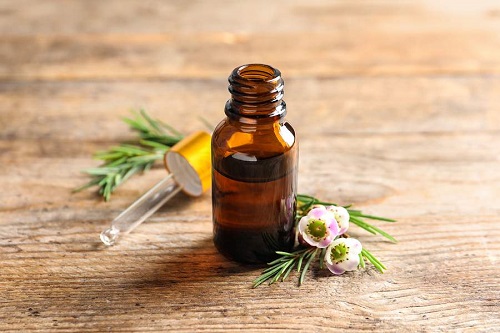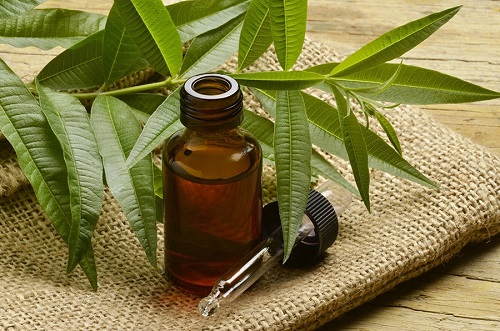We have often talked about the benefits of tea tree oil, but today let’s find out whether does tea tree oil expires or not! Keep reading to find out more.
Benefits of Tea Tree Oil
Tea tree oil comes from the leaves of the ‘tea’ tree botanically called Melaleuca alternifolia. Tea tree oil is extremely beneficial for your skin, hairs, and even nails. It is an organic treatment for acne, lice, fungal nail infections, and athlete’s foot. Tea tree oil is also widely popular as a local topical antiseptic for burns, cuts, and abrasions. It is very beneficial for several other medical conditions, such as:
- Insect bites and stings
- Boils
- Herpes labialis
- Vaginal infections
- Toothache
- Ear infections
- Sore throat and cough
As for its effects on the skin, tea tree oil soothes dry skin and reduces itching and irritation. Several eczema creams also contain tea tree oil because of its calming properties. Tea tree oil has antiseptic properties, which makes it very useful in combating oily skin while the anti-inflammatory qualities in the oil soothe and relieve skin redness, swelling, and irritation. Moreover, anti-microbial and anti-inflammatory qualities of the tea tree oil make it an effective cure for the treatment of acne.
Quick Advice: It is not advisable to consume tea tree oil orally. Only topical application is advised for tea tree oil. In case you have any doubts, you can perform a patch test before including the oil in your daily regime.
Does Tea Tree Oil Expires?
Tea tree oil is widely considered as an essential oil, and pure essential oils do not have an expiration date. And because oil does not contain any water, they do not grow mold or yeast. But does this mean that the tea tree oil will never expire?
Tea tree oil may not have any definite expiry date, but that does not mean they have an indefinite shelf life. Over time, the oil begins to lose its natural healing properties gradually. Changes in the smell and consistency of the oil are the first indicators of an expired tea tree oil. And while the chances are little, expired oil may cause skin allergies and rashes, especially for people with sensitive skin.
The main reasons why your tea tree oil can expire are:
1. Oxidization
Simply put, a reaction where a substance undergoes chemical changes after being exposed to oxygen is called oxidization. In the case of tea tree oil, oxidization will cause the smell of the oil to change over time. It alters from its original fresh aroma to a nastier and pungent smell. If left unattended for too long, the consistency of the oil may even become sticky.
2. Light and Heat
Light, heat, and humidity are also responsible for shortening the life of tea tree oil. Exposure to direct sunlight for a considerable amount of time can cause all the healing properties to leach out of the oil.
How To Store Tea Tree Oil?
To preserve your oil from losing all its natural properties, it is essential to make sure that it is stored correctly.
The first rule is to ensure that you must store the tea tree oil in either stainless steel containers, lined aluminum bottles, or cobalt blue/dark amber glass bottles. The oil should rarely be kept in any plastic container as the plastic breaks down the oil. Plastic containers can also react with the oil and cause itchy and irritated skin. When kept in plastic, the shelf life of tea tree oil is reduced to less than 90 days.
Some other precautions for handling and storing tea tree oil are:
- Always put the cap back on immediately after using the oil to minimize the exposure of the oil to air.
- You should prefer to store the container of oil in a cool and dark place to avoid its contact with direct sunlight and humidity.
- You can even store the oil in your refrigerator for limited periods as the oil may affect the smell and taste of other food items in the fridge.
- On average, tea tree oil, if stored properly, can last up to 2 years before it starts losing its natural properties.



Hi!
What if it is mixed at 2% in isopropyl alcohol? The expiration increases?